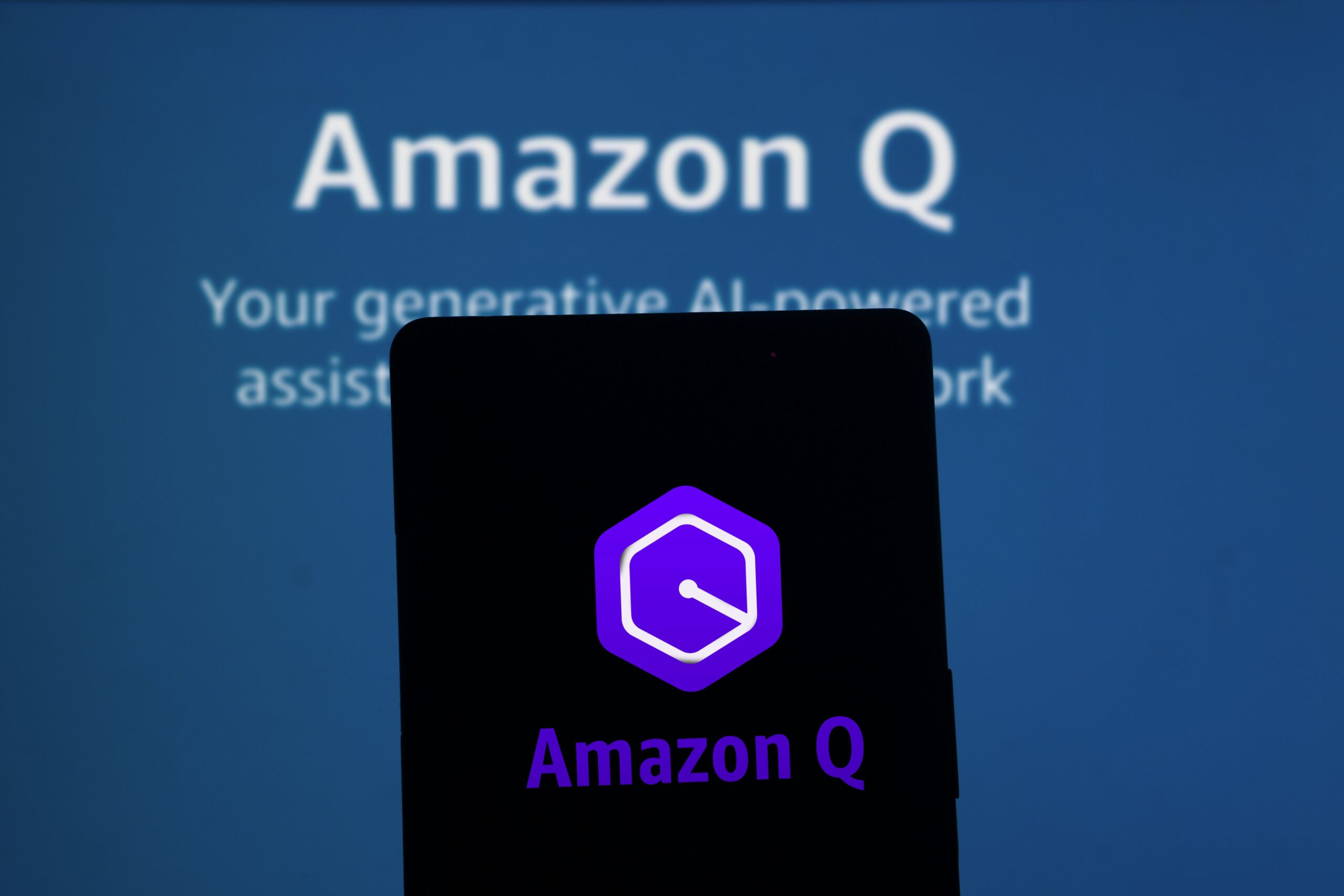

Understanding Blockchain Technology in Advertising
Blockchain technology represents a revolutionary approach to data management and transactions across various sectors, including digital advertising. At its core, blockchain is a decentralized ledger that records transactions across multiple computers, ensuring that the record is immutable and transparent. This fundamental architecture enables participants in the advertising ecosystem to interact without the need for a central authority, thus minimizing the potential for fraud and abuse.
Decentralization is one of the hallmark features of blockchain technology. Unlike traditional advertising models, where a single entity often controls the data and processes, blockchain distributes this control across its network. Each participant has access to the same set of records, fostering trust among advertisers, publishers, and users. This system reduces the risks of misinformation and manipulation, which are pervasive problems in the current digital advertising landscape.
Another essential principle of blockchain is transparency. With each transaction recorded on the blockchain being publicly available, stakeholders can trace and verify the flow of data and funds. This level of visibility can help improve accountability, allowing advertisers to see exactly where their budget is going and how ads are performing. Furthermore, it enables consumers to comprehend how their data is being utilized, thereby enhancing their trust in the advertising process.
Smart contracts, which automate the execution of contract terms when certain conditions are met, are a powerful application of blockchain technology in advertising. These self-executing agreements streamline transactions, ensuring that advertisers only pay for verifiable actions, such as impressions or clicks, rather than relying on assumptions or post-campaign reports. By integrating smart contracts into advertising strategies, stakeholders can dramatically improve efficiency and accountability in their campaigns.
Understanding these core principles of blockchain technology sets the stage for comprehending its transformative potential in the digital advertising industry. Through decentralization, transparency, and the power of smart contracts, blockchain is poised to redefine how advertising operates in a more trustworthy and efficient manner.
Enhancing Transparency and Trust in Digital Advertising
In the traditional landscape of digital advertising, issues related to ad fraud, data privacy, and lack of accountability have become prevalent challenges that undermine the trust between advertisers and consumers. The infusion of blockchain technology offers potential solutions to enhance transparency, creating an environment where both advertisers and consumers can engage with confidence. By establishing a decentralized ledger, blockchain provides an immutable record of transactions, ensuring that all data is verifiable and accessible. This transparency is critical for addressing ad fraud, which has become a significant issue; industry estimates suggest that billions are lost each year due to deceptive practices.
Through blockchain, advertisers can track the journey of their ads in real-time, verifying that they reach intended audiences rather than being inflated by bots or fraudulent clicks. Each interaction can be recorded on the blockchain, confirming legitimate engagement and thereby offering advertisers a means to analyze metrics accurately. As a result, advertisers can allocate resources more effectively and foster more meaningful connections with consumers. Additionally, with enhanced data privacy features, consumers can have greater control over their personal information, thus building their trust in the advertising ecosystem.
Case studies illustrate the efficacy of blockchain in enhancing transparency within digital advertising. For instance, a major online retailer implemented a blockchain-based approach to track ad performance, resulting in higher transparency and reduced fraud incidence. By leveraging blockchain technology, the retailer observed an increase in consumer trust, as customers felt assured their data was handled responsibly. More companies are recognizing the potential benefits of blockchain to create accountability and foster relationships built on trust. These examples highlight how adopting blockchain can transform the digital advertising landscape, ensuring that both advertisers and consumers benefit from a more transparent and trustworthy system.
Improving Ad Targeting and User Engagement
Blockchain technology offers significant advancements in digital advertising, particularly in the areas of ad targeting and user engagement. One of the primary benefits of integrating blockchain into advertising strategies is the enhancement of user data ownership and consent. Traditional advertising methods often involve extensive data collection without adequate consent from users, leading to privacy concerns and mistrust. However, blockchain provides a decentralized framework that enables users to maintain control over their personal information. Rather than having their data harvested by multiple advertisers, users can choose what information to share and with whom, establishing a foundation of trust and transparency.
This ownership allows for more precise ad targeting, as advertisers can access verified user preferences directly. When users consent to share specific data, it empowers brands to create more tailored and relevant advertising content. Consequently, this not only enhances the effectiveness of advertising campaigns but also fosters a better user experience, as individuals receive advertisements that resonate with their interests and needs.
Innovations such as token-based systems further enhance user engagement. By rewarding users with tokens for their attention and interaction with advertisements, blockchain creates a symbiotic relationship between consumers and advertisers. This concept introduces a novel incentive model, motivating users to engage with ads while simultaneously providing a clear value exchange. Users may redeem these tokens for various benefits, such as discounts or exclusive content, thereby increasing their investment in the advertising ecosystem.
In summary, the integration of blockchain technology in digital advertising can revolutionize the industry by improving ad targeting and promoting higher user engagement. By embracing user data ownership and developing innovative engagement strategies, advertisers can cultivate a more respectful and mutually beneficial relationship with consumers, paving the way for a more effective and ethical advertising landscape.
Future Trends and Challenges in Blockchain Advertising
As blockchain technology continues to advance, its integration into the digital advertising sector promises to yield transformative effects. One of the most notable trends is the heightened emphasis on data privacy regulations. The increasing scrutiny regarding personal data usage has compelled advertisers to reconsider how they collect, manage, and utilize consumer data. Blockchain’s inherent qualities, such as transparency and immutability, offer a robust framework for ensuring compliance with regulations like the GDPR and CCPA, thereby granting users greater control over their own information.
Moreover, the rise of decentralized advertising platforms is set to redefine traditional advertising paradigms. These platforms allow advertisers to interact directly with consumers without intermediaries, resulting in reduced costs and improved accountability. By utilizing smart contracts, advertisers can ensure that payments are only made when specific conditions are met, fostering a more efficient allocation of resources. This shift towards decentralization might also attract a new wave of stakeholders who are eager to engage with innovative models of advertising.
In addition to these trends, the implications of ongoing technological advancements cannot be overlooked. Innovations such as artificial intelligence and machine learning are beginning to intersect with blockchain technology, offering enhanced targeting and optimization capabilities. As data analytics evolve, advertisers will likely benefit from more precise insights into consumer behavior, enabling more effective campaigns.
However, several challenges must be addressed to fully realize the potential of blockchain in digital advertising. Scalability remains a significant concern, as blockchain networks can struggle to handle the high transaction volumes characteristic of the advertising industry. Increasing public awareness and understanding of blockchain technology is also crucial; widespread misconceptions can hinder its adoption. Furthermore, the seamless integration of blockchain with existing advertising infrastructures poses its own set of difficulties. Stakeholders must collaborate to tackle these challenges, thereby paving the way for blockchain to transform the digital advertising landscape effectively.
RELATED POSTS
View all


